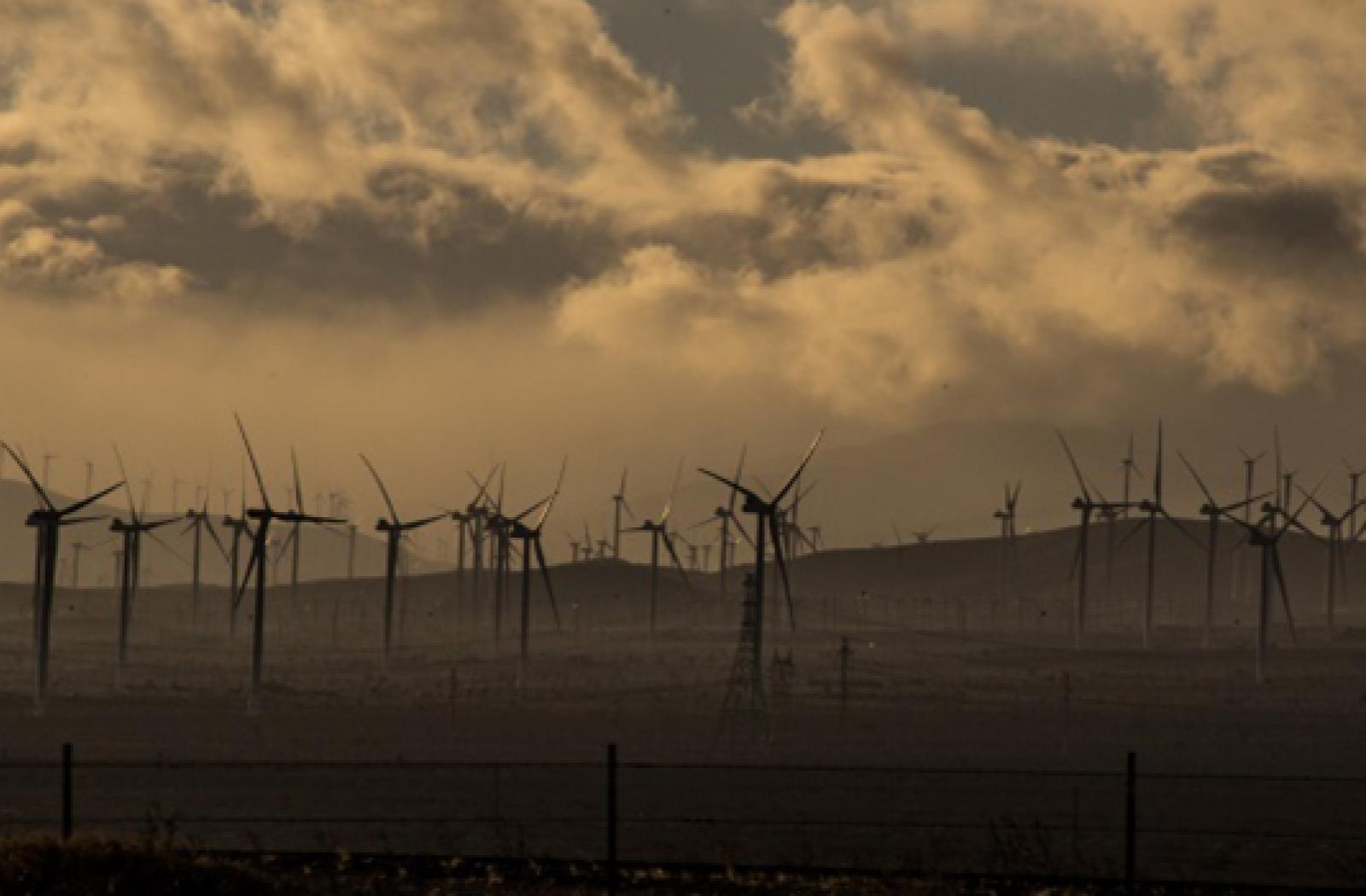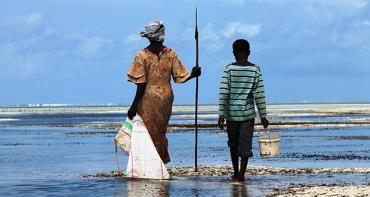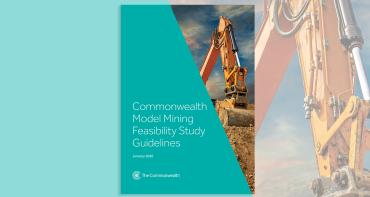The ‘Ask The Expert’ series features some of the leading specialists who work at the Commonwealth Secretariat. In this edition, Alache Fisho, Legal Adviser at the Trade, Oceans and Natural Resources Directorate, looks at how Commonwealth countries are making the transition from fossil fuels to clean energy.

1. How are Commonwealth countries faring in the transition to clean energy? Is it a priority for all members?
As countries seek to tackle climate change and deliver on the Sustainable Development Goals (particularly SDG 7 on energy), the energy transition is not only a priority but a global imperative for all countries including Commonwealth member countries.
Drawing from data published by the UN, a recent report commissioned by the Commonwealth, entitled Sustainable Energy Transition: Pathways and Progress, shows that there is notable progress in some Commonwealth countries and regions.
However, if the targets of SDG7 and the Paris Agreement are to be met, and a transition made to a carbon-neutral world is to be achieved by 2050, then a more active and accelerated commitment by member countries is needed.
2. What are the main barriers to clean energy transition, and how can the Commonwealth support the process?
Commonwealth member governments are committed to transitioning to cleaner forms of energy as evidenced by their ratification of the 2015 Paris Agreement and the mandate in the CHOGM 2018 communiqué.
For most developing countries in the Commonwealth, the commitments made under the Paris Agreement are conditional on access to finance – this is a main barrier. Other barriers are low access to technological solutions for clean energy infrastructure and absence of a strong regulatory framework.
The Commonwealth can support countries address such barriers through its Climate Finance Access Hub which helps countries untangle the red tape around climate financing, and make successful applications to the international funds that address climate.
The Commonwealth can also provide technical assistance in the design and development of strong regulatory frameworks, including by utilising the Law and Climate Change Toolkit. Under the aegis of the Commonwealth Sustainable Energy Forum, we can also facilitate collaborations amongst member countries and with other international organisations for peer to peer knowledge sharing, joint programmes and initiatives and South/South cooperation.
3. For many developing countries, the main concern is reducing poverty, promoting economic growth and enhancing the level of development. Right now, fossil fuels still represent the fastest and cheapest energy source. How can these countries transition to cleaner sources of energy in a way that doesn't hurt their economies?
With increasing scale and decreasing costs, cleaner forms of energy are increasingly becoming competitive in the energy markets. It is recognised that not everyone will benefit equally from a transition to a low-carbon economy. In particular, those who rely on fossil fuel production for their livelihood, or who were anticipating using fossil-fuelled energy to meet development needs, may carry a disproportionate share of the burdens of the energy transition.
The Commonwealth recognises the need for a “just transition” to a low-carbon economy — namely, a transition that minimises disruption for workers and communities reliant on industries linked to non-renewable fuel sources — which is gaining traction in climate policy and political discourse.



